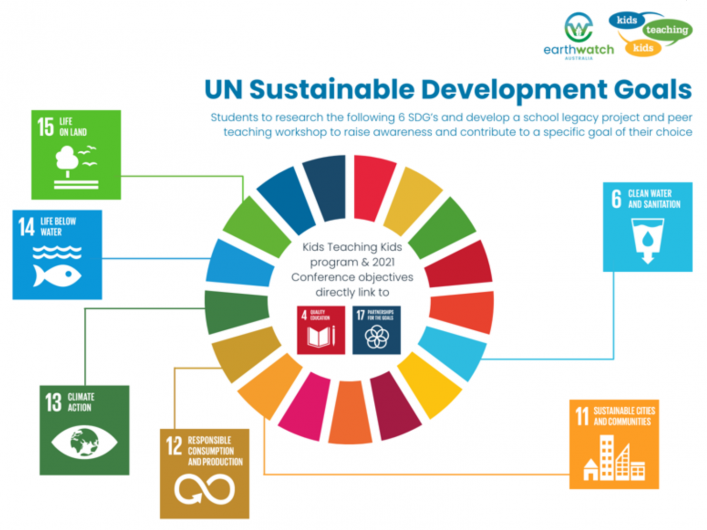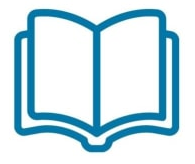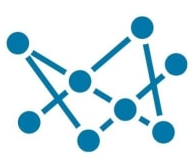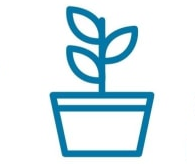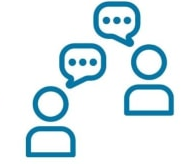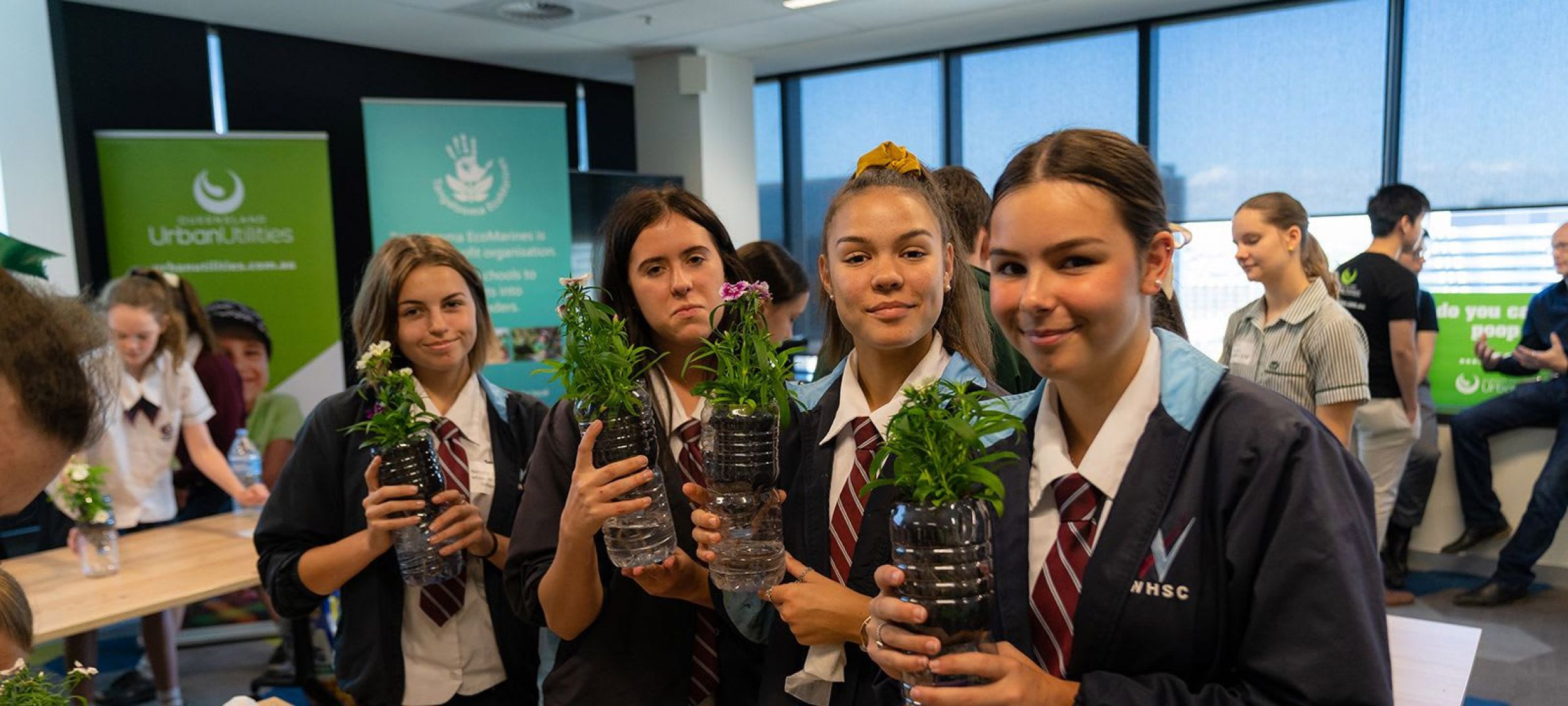
Our impact
Distinctive Areas and Landscapes (DAL) Engaging and educating students and their communities to better manage social and environmental threats and empowering stewardship of these outstanding environmentally an
The Kids Teaching Kids Program promotes positive wellbeing and helps build resilience in young people. It raises awareness and drives action on local and global environmental issues, bringing communities together to solve common challenges and help the next generation of leaders who will take collective responsibility for our future.
We aim to
- Increase environmental literacy
- Create connections within communities
- Drive on-ground environmental projects
- Encourage engagement in STEM
Our programs have been refined over time and have 4 key change-making steps:
Our Impact
We have motivated more than 182,700 students since 1999 to research important environmental and sustainability issues and bring about real positive change.
This impact is driven by our two flagship events: Kids Teaching Kids Week, and the Annual Conference. Our conferences have been held across Australia since the inception of the program, and have adapted to a virtual event for 2020 and 2021.
At a glance, our impact is defined as the graphs attached:
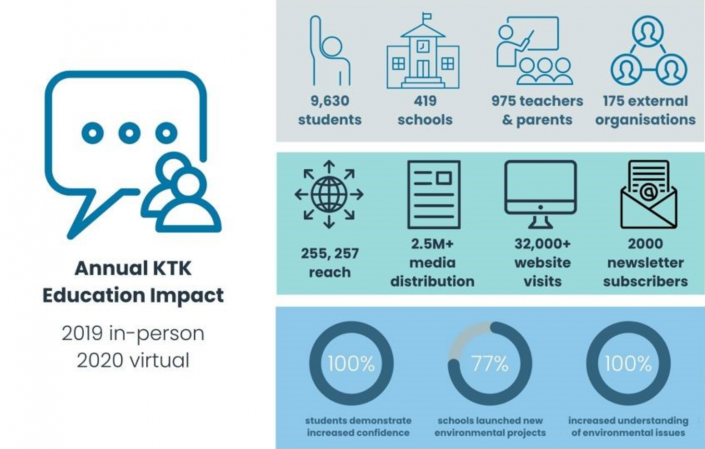
Awards and Recognition
2012 | Telstra Australia Business Awards (VIC) – News Limited Micro-Business Awards |
2010 | Banksia Awards – People Choice Award |
2004 | World Environment Day Awards Finalist
– Outstanding Service to the Environment |
2003 – 2005 | Banksia Awards Finalist – Education Category |
2002 – 2004 | Eureka Science Prize Finalist – Education Category |
United Nations Sustainable Development Goals
Our work is highly aligned with national and international goals towards sustainable life.
Through involvement in the Kids Teaching Kids Program sponsors, schools and other supporting organisations directly progress on two sustainable development goals (SDGs):
- Education and lifelong learning (SDG 4), and
- Promoting partnerships (SDG 17)
Through sponsorship, support and involvement in our teaching activities, participants also gain awareness and understanding of four additional goals:
- Clean water and sanitation (SDG 6)
- Sustainable cities and communities (SDG 11)
- Climate action (SDG 13), and
- Life on land (SDG 15)
